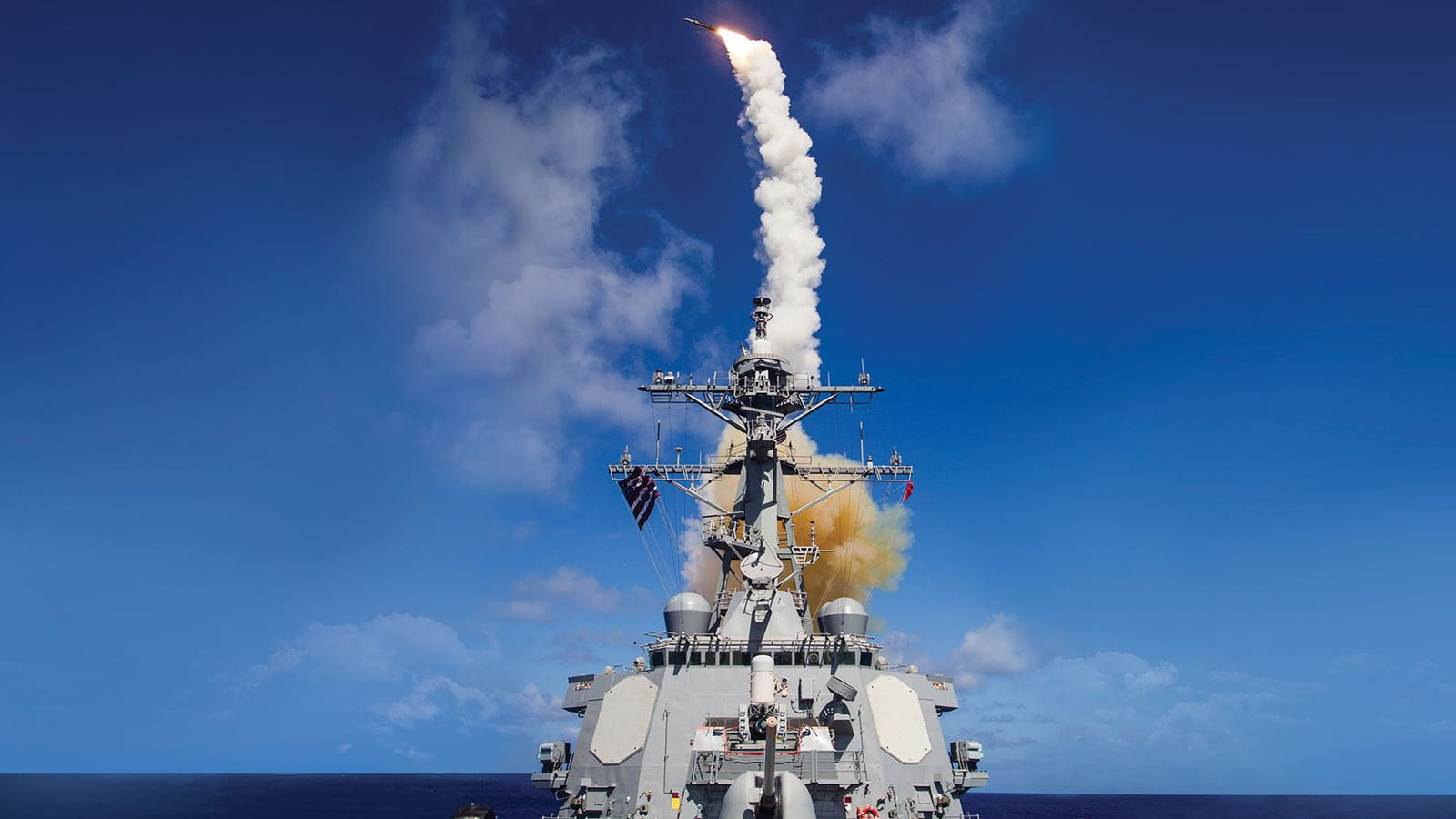United Technologies (UTX 0.75%) knocked out a win when it reported its third-quarter financial results Tuesday, earning $1.55 per share, up 13% from the third quarter in 2012 and just beating consensus analyst estimates of $1.54. The earnings beat was largely thanks to higher profitability, as revenue grew only modestly, up less than 3%. The industrial conglomerate expects the pattern of higher profits coming from lower sales to continue for the rest of the year, as it raised the low end of its 2013 earnings guidance from a range of $6 to $6.15 per share to a range of $6.10 to $6.15 while lowering its revenue guidance from $64 billion to $63 billion on a weak recovery in Europe and slack demand from military aerospace customers.
The quarter showed continued progress in CEO Louis Chenevert's strategy to refocus the company on commercial construction and aviation. Chenevert aims to capitalize on two global long-term trends: strong growth in both urbanization and commercial aviation. That's meant selling off businesses peripheral to those goals, like a wind turbine manufacturer and power generation equipment, to invest more heavily in its core strengths around brands such as Otis elevators and Carrier HVAC systems in commercial construction and Pratt & Whitney engines in aviation.
UTC's fastest-growing business unit was its Aerospace segment, which focuses on aeronautics systems and components. Aerospace saw 24% revenue growth and 85% earnings growth on the heels of UTC's $16.5 billion acquisition of aerospace component supplier Goodrich, the largest acquisitions in the industry's history. Jet-engine manufacturer Pratt & Whitney, which reports as a separate segment, saw revenue decline modestly but still managed 7% profit growth thanks to aggressive cost reduction. Pratt also saw orders rise by 17%, boding well for the immediate future. Pratt & Whitney's growth prospects have been reinvigorated recently, with the $1 billion development of the company's geared turbofan engine. The new fuel-efficient, less noisy engine is allowing Pratt to compete against General Electric and Rolls-Royce for narrow-body aircrafts, a market it has been locked out of for many years.

Pratt & Whitney's geared turbofan engine offers 15% lower fuel burn and could double Pratt's revenue. Photo credit: Bin Im Garten.
UTC also saw double-digit growth in its climate, controls, and security segment, as profits rose 10% to nearly $700 million. CCS is a recently created business unit that incorporates the full Carrier line of HVAC systems, as well as Carrier's refrigeration products with UTC's businesses in fire detection and prevention, security and surveillance, and building automation.
UTC's other major commercial construction venture, the leading elevator and escalator manufacturer Otis, posted 4% gains in both revenue and earnings, as its operating margin inched up to 21.4%, the highest segment margin in the company. UTC announced in September that it hopes to continue driving synergy across complementary business units by combining Otis with the climate, controls, and security segment into a new building and industrial systems division that can provide integrated, full-service solutions for commercial construction. UTC Building & Industrial Systems would be the largest such provider in the world.
The only operating segment to announce lower earnings was the helicopter and aircraft manufacturer Sikorsky, which saw a 22% earnings decrease on a 6% revenue slide. Sikorsky, which supplies equipment to the military, has suffered from drawdowns in Iraq and Afghanistan, and while United Technologies is looking to pivot the helicopter manufacturer toward the commercial sector, the company doesn't anticipate a much better climate for Sikorsky next year. Despite this underperformance, United Technologies still sees Sikorsky as a business that fits well with the company's broader aviation strategy. CFO Gregory Hayes called Sikorsky a "core asset" and dismissed the idea that UTC would try to sell off Sikorsky as it did non-core aerospace businesses such as rocket-engine manufacturer Rocketdyne.
Altogether, the quarter positions United Technologies well to continue executing its strategy of dominating the commercial construction space and competing aggressively in aerospace. Strong earnings and cost discipline put the company in good stead to invest another $500 million in its companywide restructuring and refocusing effort this year, as well as stay on track to invest $1.6 billion to $1.7 billion in capital expenditures to encourage organic growth throughout its core businesses.






